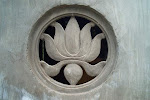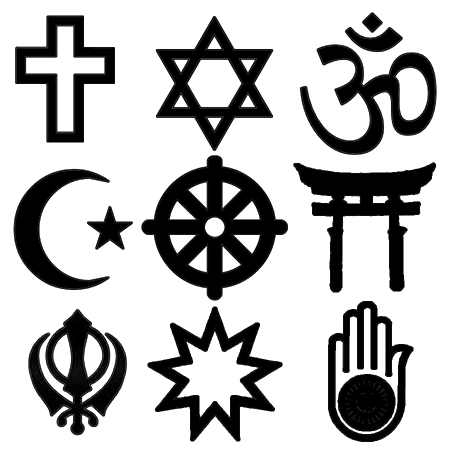Will Maldivians take this road?
Or will we continue to debate how much of a woman should be covered, and how a Muslim apostate should be killed, and how “lightly” we should beat "our" women, and whether it’s lawful for a Muslim to befriend Jews and Christians and greet them or wish them well?
Are we going to continue with an educational system that consist of hate brainwashing towards non Muslims which we call it Islamic studies?
Or will we teach our children secularism, equal treatment of women and religious tolerance?
Are we to consign our children to become soldiers fighting to establish the rule of Allah on Earth, which is the Sharia law that supersedes and aims to abolish every man made law and constitution?
Will we be happier as subjects of a dictatorial theocracy?
Or are we going to be on the side of humanity that advances the world scientifically, medically, and technologically, striving with the civilized world to better the life of every human being?
 He also acknowledged “practical” issues with the clause, saying it would be difficult to implement.
He also acknowledged “practical” issues with the clause, saying it would be difficult to implement.
